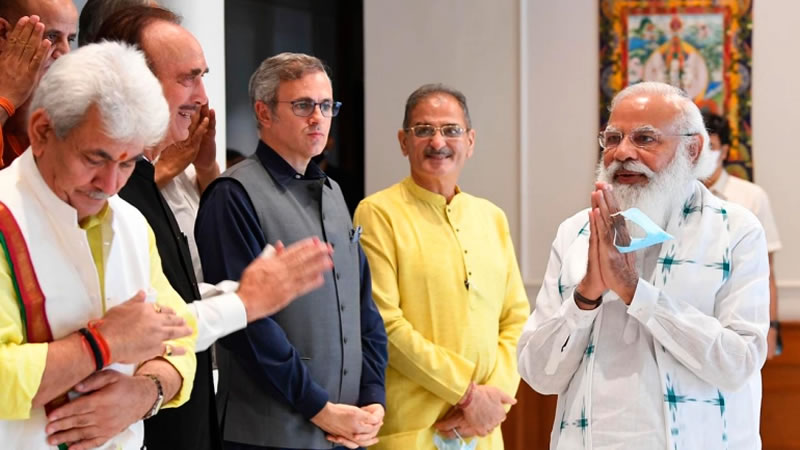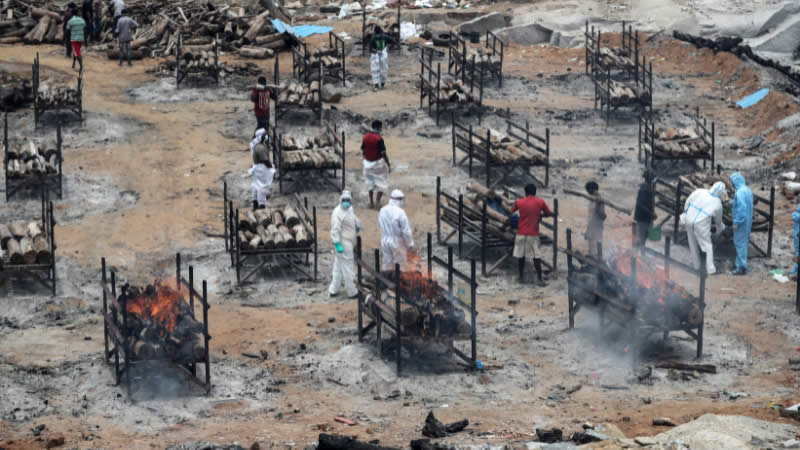 As US and NATO soldiers prepare for their tenth Christmas in Afghanistan, a new buzzword is making the rounds: “transition,” the process of transferring responsibility for security from international to Afghan forces ahead of the withdrawal of foreign troops, which is set to begin in the spring of 2011.
As US and NATO soldiers prepare for their tenth Christmas in Afghanistan, a new buzzword is making the rounds: “transition,” the process of transferring responsibility for security from international to Afghan forces ahead of the withdrawal of foreign troops, which is set to begin in the spring of 2011.
But, in order to realise the hope that ordinary soldiers take from the new jargon, Western leaders will need to forge a clear political strategy for Afghanistan, without which the country will remain at war.
American and European military and civilian leaders have said repeatedly that there is no purely military solution to ending the war in Afghanistan. Yet NATO states have no answer to the question that logically follows: What would a political solution entail? Instead, they prefer to fall back on military-dominated plans for strengthening the capacity of the Afghan army and police, while heeding domestic pressure to demonstrate that Afghanistan will not be an endless conflict.
Afghans themselves are overwhelmingly supportive of seeking a political settlement to end the conflict, as a recent Asia Foundation survey of national attitudes confirmed. They have borne the brunt of 40 years of war, and are well aware that international forces are planning their departure. Afghans’ fears and concerns are focused on what legacy will be left behind, and whether the Afghan state can provide security, justice, and good governance, which it has so far been unable to deliver in the face of an insurgency whose strength is not significantly weakened.
Afghanistan’s international partners are not responsive to these concerns and grievances. Though they have committed themselves rhetorically to supporting the Afghan-led Peace and Reintegration Programme, Afghans are voicing discontent and wariness about a process that is decidedly marginal to “transition.”
Reintegration and reconciliation, which are meant to offer incentives to insurgents to switch sides and perhaps join Afghan security institutions or nominally pro-government militias, are seen as being driven by military logic, rather than representing an honest dialogue between the state, the insurgents, and ordinary Afghans. Lack of transparency is driving fears that Hamid Karzai’s government is brokering a power-sharing deal with the Taleban that will do little to foster stability or better governance.
If NATO members, Afghanistan’s government and citizens, and, by many accounts, the insurgents, can all agree that there is no military solution to ending the conflict, it is high time to consider and support a comprehensive political process. This would entail a number of immediate and longer-term steps.
As a first step, countries with forces in Afghanistan should accept that, as parties to the conflict, they need to be parties to the peace as well, and that every military operation has far-reaching and sometimes irreversible political implications.
Second, it is important to recognise the limited logic and impact of “transition.” Leaving aside credible questions about the capacity of the Afghan security forces, transferring security responsibility to the Afghan state does not address broader Afghan grievances about bad governance or the abuse of power – both key drivers of the conflict. For Afghans, these concerns need to be addressed through a serious political process moderated by a neutral third party, which most agree has to be the United Nations.
Correspondingly, the international community should back mechanisms that will address the grievances of all Afghans, not just the political elite, and that will seek to address regional strategic concerns and agendas, especially those of Pakistan and Iran. A genuine and inclusive process will require engaging with the whole spectrum of Afghan civil society, including rights organisations, women’s groups, the clergy, public intellectuals, and influential tribal networks.
Peacemaking in Liberia, Nepal, Ireland, and elsewhere confirms the necessity of this approach, given such groups’ key role in shaping and monitoring the content of a political process, with real consequences for those who violate its guarantees of citizens’ rights. For this reason, perpetrators of serious human rights violations on all sides should be held accountable, a demand that has been pointedly ignored since 2001.
The process must also include real disarmament to ensure that Afghans do not fall prey to a continuing cycle of violence, and that the Afghan state establishes genuine control of security. The current reintegration plan, like two previous attempts at disarmament, falls short of credibly demobilising armed groups and regulating the arms trade.
The international community still has an opportunity to leave behind a better Afghanistan than the NATO countries are seeking to “transition” out of today. But that requires commitment to a real vision of what constitutes a minimally functioning Afghan state, beyond the obvious need for effective security forces.
Afghans are demanding a political settlement to the conflict, which is the only means to stop the violence that disrupts their lives, promote political inclusion and accountability, and enable better governance. As they contemplate the end of their military operations, NATO members must support a political process if they truly want to stabilise Afghanistan – Khaleejtimes












